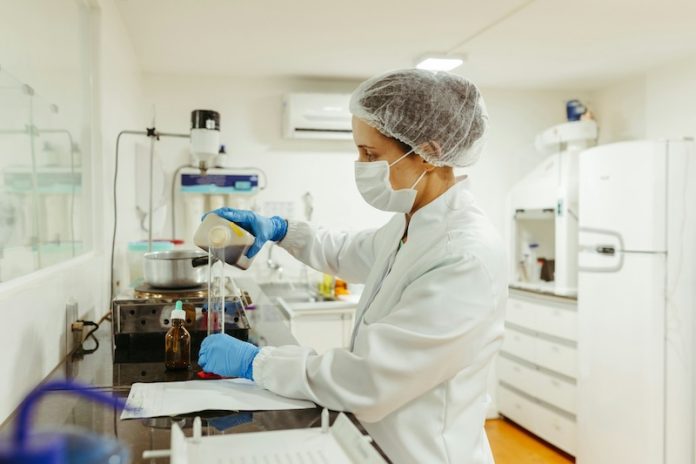
Have you ever wondered how cancer begins? Scientists in Australia have discovered something new that might help explain it.
Researchers at Flinders University have been studying small pieces in our cells called circular RNAs.
These circular RNAs are bits of genetic material that, unlike regular RNA, form loops. What the researchers found is surprising—they may actually play a role in causing cancer.
So, what exactly did they find? These circular RNAs can stick to our DNA, which is like the instruction book for how our bodies work. When they stick, they can sometimes cause mistakes in the instructions. These mistakes can lead to diseases like cancer.
To test their idea, the scientists looked at blood samples from babies. Some of these babies later developed leukemia, a type of blood cancer. Others did not. They found that the babies who got leukemia had more of a certain circular RNA in their blood. This suggests that the circular RNAs might be involved in starting the disease.
Why does this matter? Well, if we know what causes the errors in our DNA, we might be able to stop them. That could lead to better treatments or even ways to prevent cancer altogether.
Think of it like a storybook. If someone adds or changes a sentence, the story might not make sense anymore. That’s similar to what circular RNAs might be doing—they’re changing parts of our DNA story, and those changes can make our cells behave in unhealthy ways.
Dr. Vanessa Conn, one of the scientists on the team, said that these circular RNAs can work together and cause many changes in our DNA all at once. That can be very dangerous. It could turn a normal, healthy cell into a sick one very quickly.
This discovery is new, and there’s still a lot to learn. But it’s a big step forward. The team at Flinders University plans to keep studying circular RNAs to see if they play a part in other diseases too.
Leukemia is one of the most common cancers in Australia, especially in children. Doctors already know that some changes in DNA can make the disease worse. But until now, they didn’t understand how those changes happened. This new research gives them an important clue.
This study reminds us that our bodies are full of tiny, complex parts we’re only beginning to understand. Each new discovery brings us closer to better ways to treat and prevent serious diseases like cancer.
If you care about cancer, please read studies that low-carb diet could increase overall cancer risk, and new way to increase the longevity of cancer survivors.
For more health information, please see recent studies about how to fight cancer with these anti-cancer superfoods, and results showing daily vitamin D3 supplementation may reduce cancer death risk.
Copyright © 2025 Knowridge Science Report. All rights reserved.



